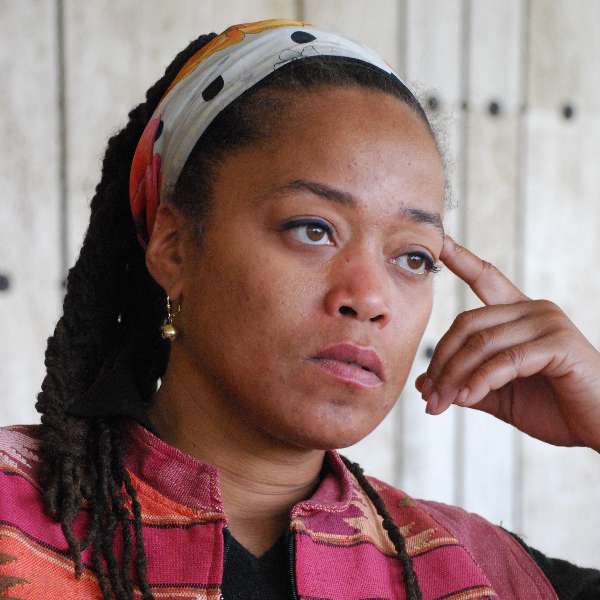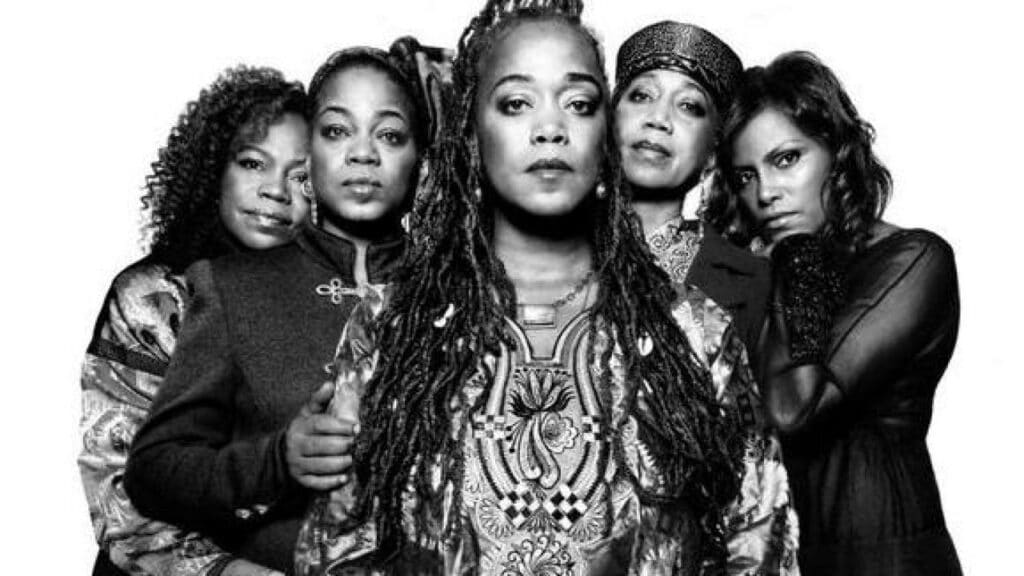The enduring legacies of Malcolm X, Gamal Abdel Nasser, and Gamilah Lumumba Shabazz reflect a profound convergence of civil rights advocacy, Pan-Africanism, and global activism. These iconic figures were instrumental in reshaping the political and social dynamics of the 20th century. Their groundbreaking efforts transcended national boundaries, igniting movements aimed at achieving justice, equality, and liberation for marginalized communities around the globe.
Malcolm X, a towering figure in the African American civil rights movement, left an indelible mark on history through his relentless pursuit of Black empowerment and self-determination. His vision extended far beyond the borders of the United States, as he cultivated relationships with influential leaders such as Gamal Abdel Nasser and forged alliances with individuals like Gamilah Lumumba Shabazz. Together, they formed a network of advocates dedicated to dismantling systems of oppression and fostering global solidarity.
This article offers an in-depth exploration of the lives, philosophies, and collaborative endeavors of these influential figures. By examining their contributions, we gain valuable insights into the interconnected struggles for justice that span continents. Their work remains a source of inspiration for contemporary discussions on race, identity, and global solidarity.
Read also:Abruzzi Prison Break
Table of Contents
- Biography of Malcolm X
- Gamilah Lumumba Shabazz: Continuing the Legacy
- Gamal Abdel Nasser: Champion of Pan-Africanism
- Malcolm X's Enduring Legacy in Global Activism
- Pan-Africanism: Its Influence on Malcolm X
- Collaborations Between Malcolm X and Global Leaders
- The Lasting Impact of Their Collaborations
- Overcoming Challenges: Malcolm X and His Allies
- Modern Relevance of Their Work
- Conclusion: A Call to Action
Biography of Malcolm X
Malcolm X, born Malcolm Little on May 19, 1925, in Omaha, Nebraska, became an iconic symbol of the civil rights struggle. His life was marked by hardship and discrimination, which fueled his unwavering commitment to challenging systemic racism. Below is an overview of his pivotal milestones:
Early Life and Spiritual Transformation
Malcolm X's formative years were shaped by the racial violence and economic challenges faced by Black Americans during the early 20th century. Following the tragic death of his father and the institutionalization of his mother, he turned to a life of crime during his youth. However, while serving a prison sentence, he discovered the Nation of Islam (NOI) and embraced Islam, adopting the name Malcolm X. This spiritual awakening laid the foundation for his future activism.
Key Achievements and Global Influence
As a minister in the NOI, Malcolm X emerged as a compelling orator and a staunch advocate for Black nationalism. He championed the principles of self-reliance, education, and community empowerment. His influence transcended the United States as he embarked on extensive travels, forging connections with leaders in Africa, the Middle East, and Asia. These interactions significantly broadened his perspective on the global dimensions of racial injustice.
Data and Biodata
| Full Name | Malcolm Little (later Malcolm X) |
|---|---|
| Date of Birth | May 19, 1925 |
| Place of Birth | Omaha, Nebraska, USA |
| Death | February 21, 1965 (assassinated) |
| Spouse | Betty Shabazz |
Gamilah Lumumba Shabazz: Continuing the Legacy
Gamilah Lumumba Shabazz, the daughter of Malcolm X and Betty Shabazz, has devoted her life to upholding her father's legacy through education and activism. As a distinguished scholar and advocate, she plays a pivotal role in promoting social justice and human rights.
Advancing Social Justice Through Education
Gamilah Lumumba Shabazz has dedicated her career to preserving her father's teachings and fostering interfaith dialogue. In her capacity as a professor and public speaker, she addresses critical issues such as racial inequality, women's rights, and global solidarity. Her contributions include:
- Authoring insightful books on Malcolm X's philosophy
- Participating in international conferences
- Mentoring young activists and inspiring the next generation
Gamal Abdel Nasser: Champion of Pan-Africanism
Gamal Abdel Nasser, the second president of Egypt, was instrumental in promoting Pan-Africanism and supporting decolonization efforts across the African continent. His vision of unity and self-determination resonated deeply with Malcolm X, fostering a strong alliance between the two leaders.
Read also:Hdhub4uin Guru Your Ultimate Guide To Educational Resources And Beyond
A Vision for African Unity
Nasser's leadership during the 1950s and 1960s emphasized the importance of African nations working collaboratively to achieve independence and economic stability. His unwavering support for liberation movements in countries such as Algeria and Congo earned him widespread admiration among global activists. Nasser's commitment to Pan-African ideals aligned seamlessly with Malcolm X's vision of global solidarity.
Malcolm X's Enduring Legacy in Global Activism
Malcolm X's legacy extends far beyond the United States, as his ideas continue to resonate with activists worldwide. His emphasis on international solidarity and his collaborations with leaders like Gamal Abdel Nasser underscore the interconnected nature of struggles for justice.
Inspiring Modern Movements
Today, Malcolm X's philosophy remains highly relevant in discussions about systemic racism, police brutality, and economic inequality. Organizations such as Black Lives Matter draw inspiration from his commitment to grassroots organizing and community empowerment. His influence serves as a guiding force for contemporary activists striving to create a more equitable world.
Pan-Africanism: Its Influence on Malcolm X
Pan-Africanism, the belief in the unity and empowerment of African peoples worldwide, profoundly shaped Malcolm X's worldview. Through his travels and interactions with leaders like Gamal Abdel Nasser, he gained a deeper understanding of the global dimensions of racial injustice.
Core Principles of Pan-Africanism
- Unity among African nations and diaspora communities
- Opposition to colonialism and imperialism
- Advocacy for economic self-sufficiency and empowerment
Collaborations Between Malcolm X and Global Leaders
Malcolm X's collaborations with global leaders such as Gamal Abdel Nasser and Patrice Lumumba exemplify the transformative power of cross-cultural alliances in advancing social justice. These partnerships amplified the voices of marginalized communities and strengthened the fight against systemic oppression.
Examples of Successful Collaborations
During his travels to Africa and the Middle East, Malcolm X engaged with numerous leaders who shared his vision for justice and equality. These meetings often led to concrete actions, such as financial support for civil rights organizations and increased media coverage of their efforts. These collaborations highlighted the potential of global solidarity in effecting meaningful change.
The Lasting Impact of Their Collaborations
The impact of Malcolm X's collaborations with global leaders is immeasurable. By forging alliances across continents, he succeeded in elevating the civil rights movement to an international stage. This global perspective continues to inform and inspire contemporary activism.
Statistical Evidence of Growth
Research conducted by the African Studies Association reveals a significant increase in the number of Pan-African conferences and solidarity initiatives during the 1960s, coinciding with Malcolm X's international advocacy. This data underscores the profound influence of his work on global movements for justice.
Overcoming Challenges: Malcolm X and His Allies
Despite their numerous achievements, Malcolm X and his allies faced formidable challenges, including government surveillance, media misinformation, and personal threats. These obstacles tested their resolve but ultimately strengthened their commitment to justice.
Strategies for Resilience
Through strategic planning and unwavering determination, Malcolm X and his collaborators overcame many of the challenges they encountered. Their ability to adapt and persevere serves as a powerful example for modern activists navigating similar obstacles.
Modern Relevance of Their Work
The work of Malcolm X, Gamal Abdel Nasser, and Gamilah Lumumba Shabazz remains profoundly relevant in today's world, where issues of race, identity, and global solidarity continue to shape public discourse. Their legacy inspires new generations to take action and create meaningful change.
Lessons for Today's Activists
- Emphasize the importance of forming international alliances
- Foster intergenerational collaboration and mentorship
- Utilize technology to amplify marginalized voices and expand reach
Conclusion: A Call to Action
In conclusion, the legacies of Malcolm X, Gamal Abdel Nasser, and Gamilah Lumumba Shabazz stand as a testament to the transformative potential of global activism in achieving justice and equality. Their work continues to inspire activists worldwide, underscoring the importance of unity and perseverance in the face of adversity.
We invite readers to engage with this legacy by sharing this article, leaving thoughtful comments, and exploring related content on our website. Together, we can honor the contributions of these remarkable individuals by continuing their fight for a more just and equitable world.


